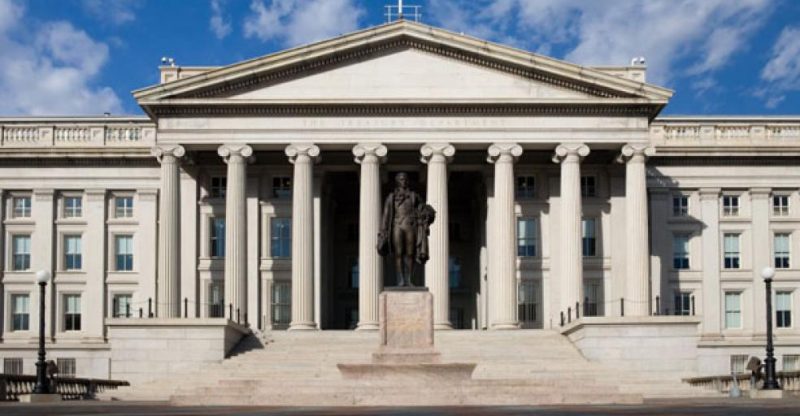US Treasury Could Add Cryptocurrency Wallet On OFAC Sanctions List
“The U.S. Treasury Department may start publishing cryptocurrency wallet addresses along with the names of people and organizations with whom it forbids citizens from doing business,” a report says.
The department of the U.S. Treasury Office of Foreign Assets Control stated that cryptocurrencies are treated the same as fiat currencies when it comes to Specifically Designates Nationals – a list of people affiliated with the governments of sanctioned nations, terrorist organizations or narcotics trafficking.
“To strengthen our efforts to combat the illicit use of digital currency transactions under our existing authorities, OFAC may include as identifiers on the SDN List specific digital currency addresses associated with blocked persons,” stated the agency.
Doing so would “alert the public of specific digital currency identifiers associated with a blocked person,” OFAC said. However, the address listings “are not likely to be exhaustive.”
“Parties who identify digital currency identifiers or wallets that they believe are owned by, or otherwise associated with, an SDN and hold such property should take the necessary steps to block the relevant digital currency and file a report with OFAC that includes information about the wallet’s or address’s ownership, and any other relevant details.” Added the agency.
The Office of Foreign Assets Control even went on stating that there would be a field on the SDN list for digital currency addresses, with room for up to 256 alphanumeric characters and the name or ticker of the currency (it listed as examples bitcoin, ether, litecoin, neo, dash, XRP, iota, monero and Venezuela’s petro.
This news came the same period that the U.S. president Donald Trump gave out new sanctions against Venezuela after the latter launched the petro. Trump’s executive order is stopping all United States citizens from buying or dealing with the sovereign cryptocurrency.
Venezuelan president Nicolas Maduro launched the petro in an attempt to bypass existing U.S. sanctions and later said the new executive order was in violation of the Charter of the United Nations.





